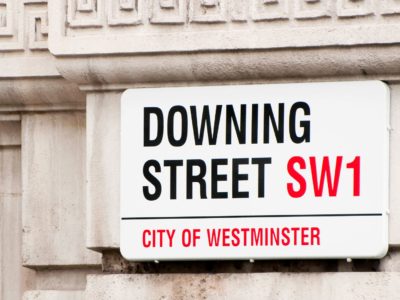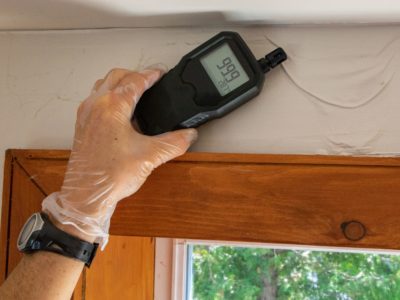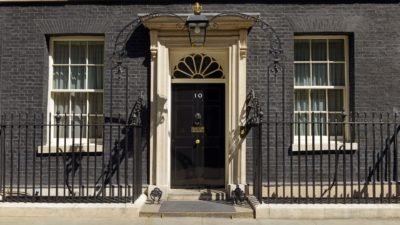The government sustainability U-turn on rental and Energy Performance Certificates (EPCs) met with celebration among landlords. Millions of landlords were spared a daunting investment as the energy efficiency threshold for rental properties was lowered from C to E – a more easily achievable goal. But were the celebrations made too soon?
There’s a real case for landlords to consider continuing with energy efficiency upgrades on their rental properties.
Kerb appeal
Firstly, while demand for rental properties remains high, tenants are also being more discerning. Sustainability is a differentiating factor for 70% of tenants – not least because it signals lower energy bills – and less than half of UK rental homes in England had an A-C energy rating in 2023.
The more appealing your property is, the more interest you’ll have and the higher tenant retention you will experience with longer leases and tenants willing to pay a premium for lower utility bills. Rentalproperties rated A/B typically attract 10% higher rental rates, meaning increased income and potentially reduced fees.
Future-proofing
With the upcoming general election, there’s every chance that we may be facing an imminent change in government. If this happens, the EPC mandate could be reinstated, significantly increasing demand for heating system upgrades. This will likely have a knock-on effect on both prices and availability.
ROI
Better energy efficiency also can increase your property’s ROI, should you decide to sell further down the line. More sustainable properties are more appealing, helping you to reach a wider market and a higher value. An A/B energy-rated house can increase a property’s value by 14%.
EPCs were originally viewed as placing unfair pressure on landlords. But the reality is that enhancing the performance and efficiency of your rental properties carries its own reward. And while it may require a degree of investment, it could easily pay for itself in a few short years.























Comments